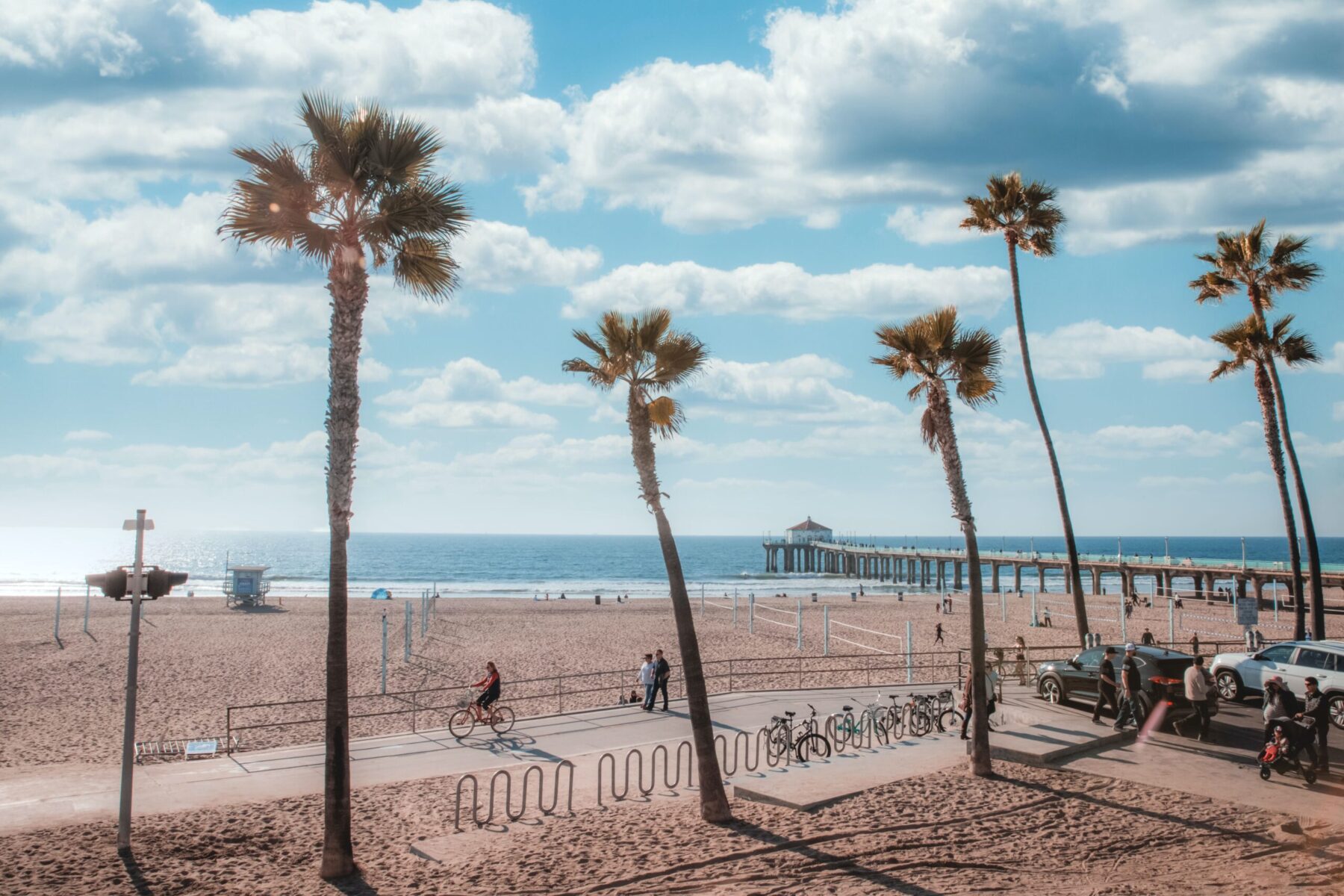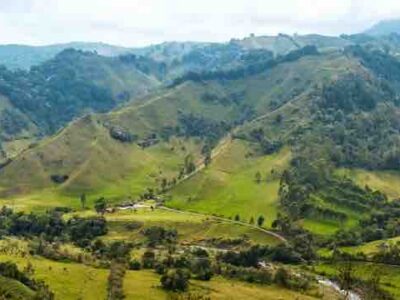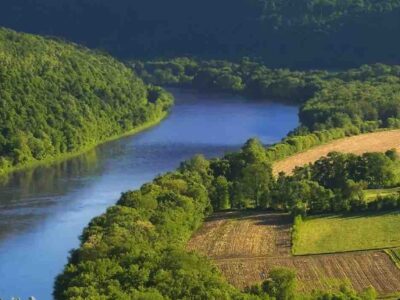Real estate has been one of the best long-term investments that could’ve been made in this country over the last decade. In many ways, land ownership has long been the physical manifestation of the American Dream. It has served as the economic driver for millions of people as the key to their financial freedom as well as their descendants.
In recent years, few real estate investments have been more lucrative than California beachfront property. For many of us, life on Manhattan Beach is difficult even to conceive, much less formulating a plan of action for getting there that doesn’t also involve winning the lottery or signing a multi-year contract with the Lakers.
While Manhattan Beach exists today as the ultimate symbolization of “making it,” it was once a land of endless opportunity for the enterprising few. Such was the case for Charles and Willa Bruce. Like many African Americans at the turn of the 20th century, they headed West following the collapse of the Reconstruction-era South.
The couple had left what would quickly become New Mexico in search of greater landowning opportunities, and in 1912 purchased two plots in Manhattan Beach for a total of $1,225.
The couple turned the property into a popular resort for the Black community. Years of harassment and legal battles soon followed, eventually resulting in the government seizing the land known as “Bruce’s Beach” in 1924.
In September 2021, California Gov. Gavin Newsom signed a bill allowing the beach’s transfer back to the couple’s descendants. Nearly 100 years after the seizure, the local city council reversed the ruling, and the property was returned to the heirs of Charles and Willa in July 2022.
When asked about the ruling, great-great-grandson Anthony Bruce called it “bittersweet” and praised the campaigning efforts of his friends and family. “This is a day we weren’t sure would ever come,” said Bruce. “I wish they could see what has happened today.”
The reworked agreement allowed the Bruce family to lease the property back to the state for more than $400,000 annually, with a two-year option for Los Angeles to purchase the property back for a lump sum. Although the couple initially purchased the land for what amounts to less than $40,000 after inflation, the exponential growth in property values over the past century has left the same plot worth millions today.
In January, it was announced that the family would sell the property back to the county for nearly $20 million.
According to Attorney George Fatheree, who represents the family, the move is not “unexpected” and is a win for the descendants. “What was stolen from the family was the property, but what the property represented was the ability to create and preserve and grow and pass down generational wealth,” he said.
Last year’s return of land was the culmination of a years-long campaign by the Bruce family and activist organizations. Some of these groups were shocked by the family’s decision.
“The fact that land was returned is more powerful than what they decided to do with the land,” said Kavon Ward, founder of Justice for Bruce’s Beach. “So while folks are disappointed at the decision that family got to make, people are also happy that they had the choice.”
Indigenous communities like the Acjachemen and Tongva Tribes supported the Bruce family’s campaign. To California’s Tribal nations, the return of land could make way for a second look at a host of Indigenous land reclamation movements currently underway.
One of these organizations, called the Acjachemen Tongva Land Conservancy, is pursuing further reclamation efforts that focus heavily on the environmental stewardship of lands that had historically belonged to their Tribes. One such area is Bolsa Chica, home to a 1,400-acre ecological reserve.
“I really hope that other communities — including the local Indigenous communities of the Tongva, Acjachemen, and Tataviam — will also be considered for the future return of our ancestral lands,” said Wallace Cleaves, president of a Tongva reclamation group.





